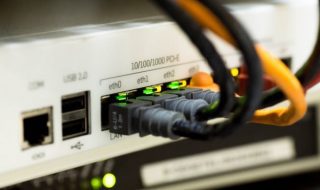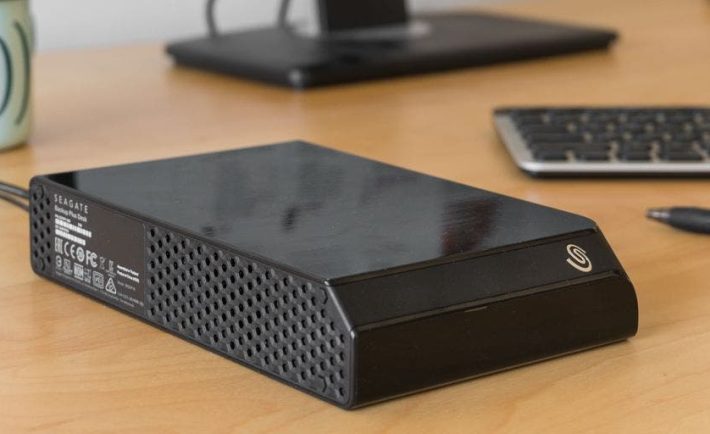
Every 39 seconds. That’s how often a cyberattack happens on the internet today. With the internet in such a dangerous state, you have to ask yourself if you have the protection you need to stay safe when you’re online.
You need to be careful when you’re online and take internet safety seriously. Below are the internet safety tips you need to know to stay safe online.
Only Log Into Sites With HTTPS
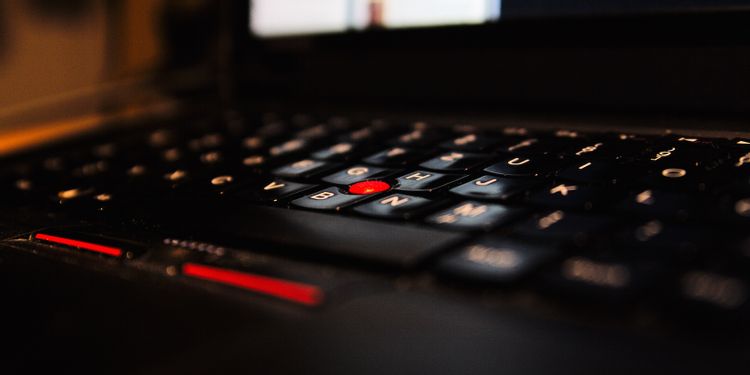
The internet isn’t secure by default. You can view every piece of data you send in plain text if you monitor the traffic on your computer network. The question is, do you have anyone else snooping on what you do?
You can stop this from happening when you use HTTPS websites. HTTPS is a security certificate websites install that encrypts all traffic on the website. Even if someone is snooping, the only thing they’ll see is gibberish.
To check if a website has HTTPS installed, right-click the “address bar” icon on the left side of your browser. From there, click on “Site Settings” In the box that pops up, look for the “Security” tab that says, “HTTPS.”
You can also know if a site that you’re browsing has HTTPS activated by looking at the icon in the top right-hand or left-hand corner of your browser. If it’s a padlock icon, then you have a secure connection.
Don’t Reuse Passwords
Having a complex password isn’t enough to protect yourself against hackers these days. Even if people can’t guess your password, there are still ways for hackers to access this information.
One of the most popular ways that hackers access secure passwords is through data breaches. Hackers will compromise the internal network of a website and get access to unsecured passwords. When this happens, you never know who will get access to your accounts.
Even if the compromised account doesn’t have sensitive data, that doesn’t mean that people can’t use that password to log into your other accounts. If you share passwords on all your accounts, every account you have will get compromised.
You can use a password manager to create random passwords for every site you have an account with. Doing this means you can keep separate passwords for everything and not have to remember another password again.
Use Two-Factor Authentication
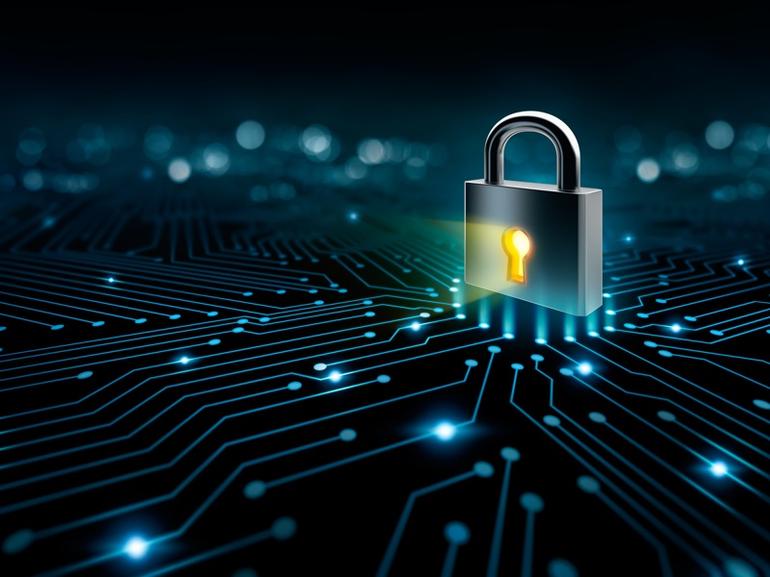
Although keeping separate passwords for your online accounts is a great way to protect yourself, it isn’t always enough. There are still other ways for hackers to get access to your online accounts. For cases like this, two-factor authentication is a great way to protect yourself.
Two-factor authentication is an authentication method that sends a secondary login code to one of your personal devices or accounts. The most common methods to do this are by email, text message, or an authentication application. In less-common situations, individuals can also use hardware devices to log into their accounts.
This secondary protection means that even if a hacker can compromise one of your accounts with your login name and password, they can’t get access unless they get the code from your two-factor authentication method.
Be Careful of Suspicious Emails
Cybercriminals don’t only use technical means to compromise online accounts. They also take advantage of the goodwill of unsuspecting victims. They do this by pretending to be representatives of online organizations.
One of the most common ways they do this is by phishing. Phishing is the act of sending emails that imitate the emails of organizations you have accounts with. These emails aim to get the recipient to click on a link or download an attachment.
The link will ask you to input your payment information, log into another website, or give out identifiable information. If you fall victim to this and submit sensitive information, a hacker will access your data.
Always check email links before you submit any information. Hackers will often use similar domains as the target companies but will have some differences in spelling. If you suspect anything at all, manually type in the website domain name in the email to ensure you don’t submit anything to a fake website.
Use a VPN When on Public WiFi
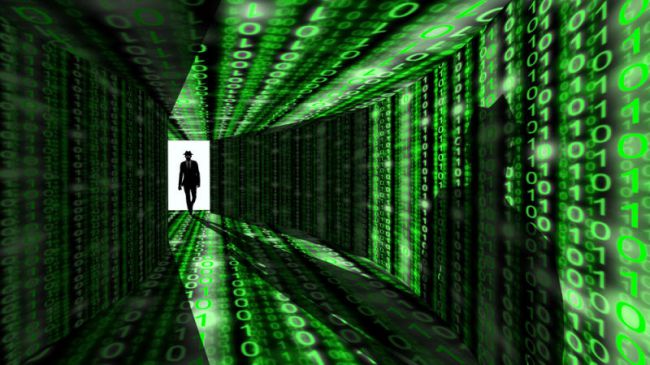
You would expect to be safe when you log on to the public WiFi offered by stores. Unfortunately, that isn’t always the case. There are often impersonators that pretend to be public WiFi spots.
If you ever log on to one of those hotspots, a hacker can see everything you do on their WiFi hotspot. If you want to stop this from happening, you need to use a VPN.
A VPN like the ones talked about at Secure Thoughts will encrypt all of your internet traffic. This encryption will prevent hackers from snooping on your data while you’re on public WiFi. Using a VPN also hides your real IP address, so you can use public WiFi without fear of being tracked by the government or anyone else.
Use Anti-Malware on Your Computer
Another way hackers can get your data is by taking advantage of malware-infected computers. You can’t avoid this vulnerability altogether, but doing some research on the type of malware out there and updating your operating system and anti-malware software will help control the threat.
Your anti-malware software will watch every file that you download or install on your computer. Anti-malware software has a database of known malware threats. If it detects that a new file matches one of the known malware signatures, it will quarantine that file until you can look at it.
Of course, there may be false flags that cause safe files to go into quarantine. That’s why it’s wise to occasionally look in your quarantine section to ensure nothing is in there that shouldn’t be.
Unfortunately, your anti-malware program won’t catch every threat. New malware is released often, and it takes time for malware companies to update their malware definitions. That’s why running periodic scans and updating your malware definitions is necessary to keep your computer clean of malware.
Install a Personal Firewall
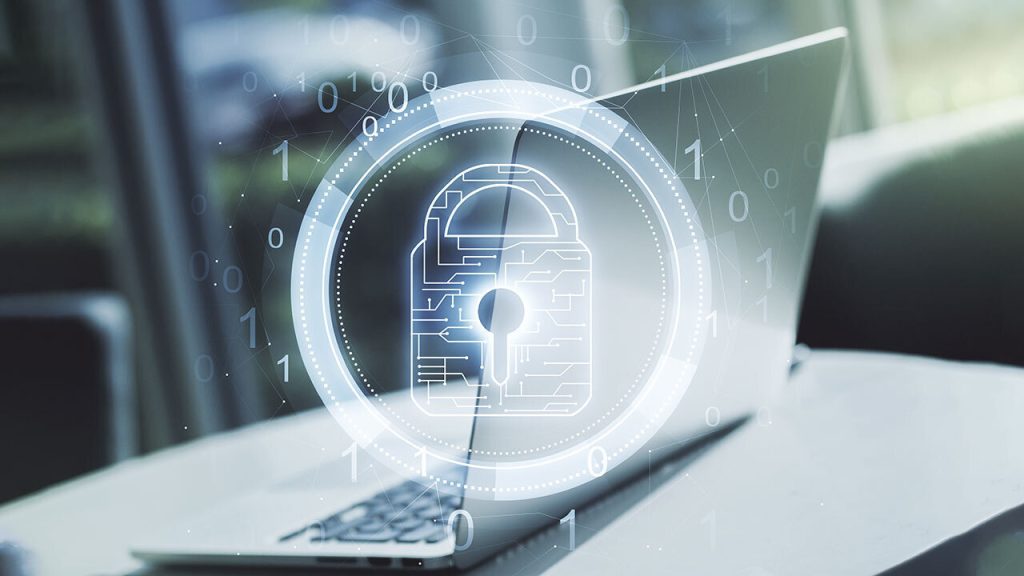
Malicious files aren’t the only thing you have to worry about when you run a computer. Hackers regularly scan the internet for available devices to see if there are any ways to break into computer networks. If you don’t have a program to block people from spying on your internet connection, you’ll expose yourself to direct attacks.
A firewall program will stop this from happening. Your firewall sits in front of all traffic that goes in and out of your computer. If it sees traffic that doesn’t look right, it will stop that traffic from traveling across your internet connection.
Most firewall applications will block all access in and out of your computer except for what’s necessary. If you have a program that needs special permission to run on your network, you can tell your firewall to make an exception to allow internet traffic from that program. Going this route means that you don’t leave any unnecessary openings and end up getting hacked.
Keep Your Software Updated
In most cases, the professional software you use on a day-to-day basis will be secure. Companies spend a lot of time and money to make sure of this. Unfortunately, they’re going to do so on the best information they have at the time.
Hackers come up with new ways to exploit software all the time. Even if a program is secure today, that doesn’t mean there won’t be a security hole next week.
That means updating your computer software is essential to staying secure online. Doing regular updates means you have the latest security patches and won’t fall victim to new security threats.
Be Careful Information What You Share
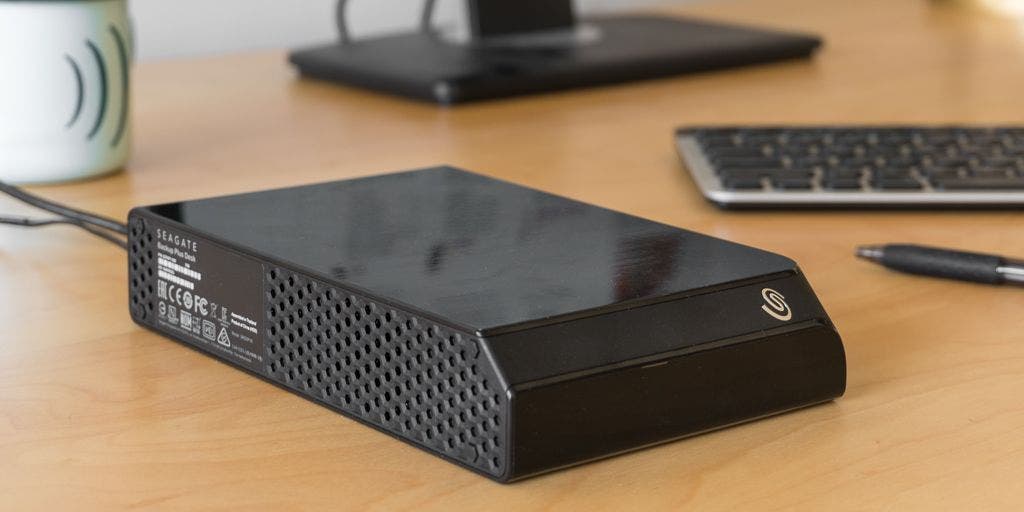
Most individuals don’t mind sharing personal information online. They think that sharing their favorite movies, current events, or interests with their “friends” is harmless. These details are actually valuable to cybercriminals.
One of the most effective ways hackers will compromise your data is by using social engineering tactics. By researching you, they can craft emails and posts that look credible enough to get you to give up your information willingly.
It’s also wise to watch what information you share on unknown websites. You don’t know what security measures those websites take to protect your data. If a hacker breaches a security hole on one of those sites, they’ll gain access to your data.
Try to only provide personal information to well-known websites that are known to have excellent security practices. The less information you share with risky sites, the safer your data is online.
Keep Up to Date on the Latest Internet Safety Tips
While the internet safety tips above will do a great job of helping you stay safe online today, they may not be as effective in the future. The world of internet security can change fast, so you always need to be updated on the newest threats out there. Always be on the lookout for the latest ways to stay safe so you don’t fall victim to hackers.
Once you know you’re safe online, you can start using the newest tech to make your life easier. Check out the blog to learn more about what’s going on in the technology world.


